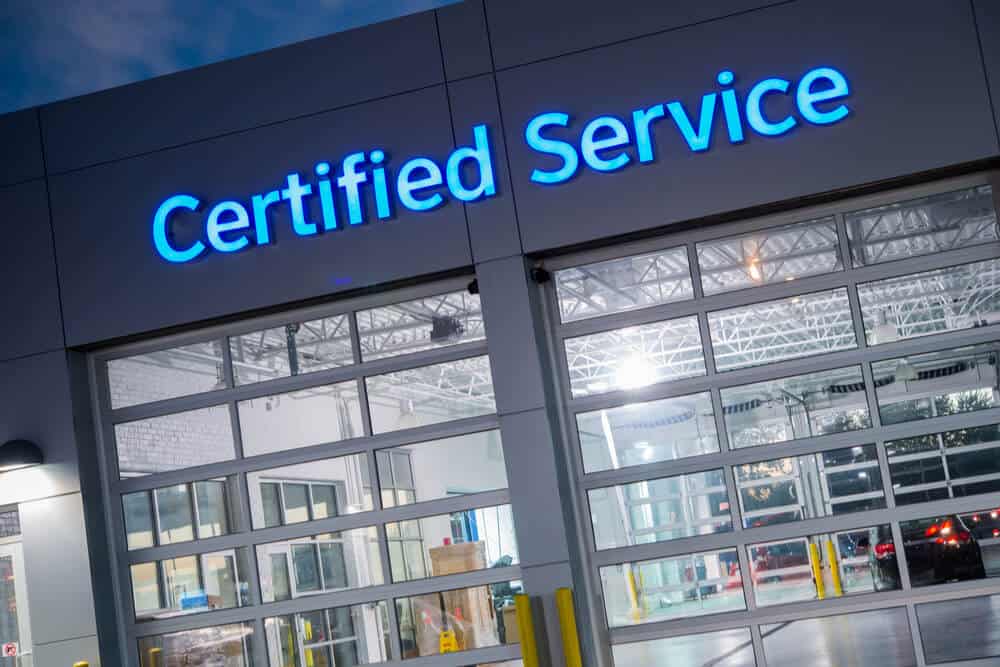
November 23, 2020

“Enjoy the momentum.”
These words were spoken in early February 2020 at an auto industry trade show by Jonathan Banks, Vice President of Vehicle Valuations and Analytics at J.D. Power.
U.S. independent auto dealerships started 2020 with a measured and slightly positive outlook and will be ending the year like most other industries: down. The coronavirus pandemic has shattered and reshaped outlooks for practically every sector, including auto dealerships. That is not to say that 2020 has not been without its opportunities, however, as there are several positive forward-looking trends that spell opportunity.
Coming into the new decade, light vehicle sales volume was expected to decrease by about 1.2 percent overall, but 2019 still ended with the fifth year in a row of at least 17 million units sold. Factors influencing the momentum Banks spoke of in February included a higher inventory of certified pre-owned vehicles, higher on average incentive spending and an increase in consumer spending due to interest rate cuts.
Dealerships continued to see what appeared to be a permanent shift in vehicle segments as buyers mostly abandoned cars in favor of light trucks or crossovers. Nevertheless, as the macroeconomic environment was still favoring growth, dealerships entered 2020 with at least a moderate level of optimism.
Used car dealers experienced a flat 2019 due to a lack of quality applicants and inventory costs, which resulted in a slight increase in sales. Yet, gross profits and income also went up and dealers in this segment were mostly able to improve inventory management.
Despite some resistance from consumers for better tech, there is a growing national market for electric and hybrid vehicles. The demand will vary based on geography; California is more likely to adopt EVs than many other states, for example. In the years ahead, younger car buyers are expected to propel the EV segment forward, so dealerships will want to evaluate demographics and marketing tactics to attract Millennial and older Gen Z buyers. As long as gas prices remain affordable, there will be room on the lot for models with good fuel economy.
There are concerns about data security and usage while in vehicles, but as these concerns are addressed dealers will continue to see more interest in connected and on-demand vehicles. Consumers want to be able to multi-task and do more during the commute. Connectivity tech – especially tech that’s upgradable – will help make that happen. In the years ahead, dealerships that maintain a range of on-demand, connected upgrade options can increase revenue.
During the initial months of the COVID-19 pandemic, most if not all dealerships were forced to close, save for an online presence. Unfortunately, the early closures had an impact on financial performance. Data suggests that roughly 80 percent of auto dealerships took some level of Paycheck Protection Program (PPP) loans this year. In addition to, or perhaps instead of, PPP funds, dealerships did what they had to survive. Many accessed lines of credit or alternative financing sources. Dealers that were lucky enough to have substantial cash reserves going into 2020 were able to use working capital.
Projected auto sales volume in 2020 plummeted and the industry will end the year with an 18-19 percent decrease instead.
Macroeconomic uncertainties make recovery long and slow in some sectors. Unknowns regarding lending conditions, inventory imbalances, changes in consumer activity and behavior, and shortages in cash flow, labor, and resources mean that many dealerships are ending 2020 rather anxiously. It is possible that COVID-19 will accelerate M&A activity across the industry as some are simply forced to close or leverage the resources of larger dealers
Independent auto dealers may want to spot new buyer segments – and not where they may be used to. Mobility, or ridesharing, is a growing trend across most of the country. It is estimated that 1 in 10 vehicles sold in 2030 will be for ridesharing.
Contact Us
As dealers struggle to make sense of the chaotic events of 2020, it is important to carefully create a strategic plan for the coming year. Proper planning is essential to ensure the business is prepared for many unknowns, including the re-emergence of a COVID-19 lockdown, or other government orders. If you have questions about the information outlined above or need assistance with a tax or accounting issue, Wilson Lewis can help. For additional information call us at 770-476-1004 or click here to contact us. We look forward to speaking with you soon.